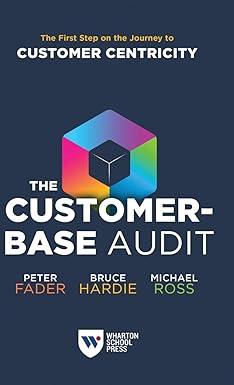Question
Akron, Inc. owns 80% of the capital stock of Benson Company and 60% of the capital stock of Cashin, Inc. Benson Company owns 35% of
Akron, Inc. owns 80% of the capital stock of Benson Company and 60% of the capital stock of Cashin, Inc. Benson Company owns 35% of the capital stock of Cashin, Inc. Cashin, Inc., in turn, owns 25% of the capital stock of Akron, Inc.
Net income before adjusting for interests in intercompany net income for each corporation follows:
| Akron, Inc. | A(0) = 180,000 |
| Benson Co. | B(0) = 130,000 |
| Cashin, Inc. | C(0) = 320,000 |
Ignore all income tax considerations.
A(e) = Akron's consolidated net income; that is, its net income plus its share of the consolidated net income of Benson and Cashin
B(e) = Benson's consolidated net income; that is, its net income plus its share of the consolidated net income of Cashin
C(e) = Cashin's consolidated net income; that is, its net income plus its share of the consolidated net income of Akron
Suppose a parent company (or parent companies) owns less than 100% but more than 50% of a subsidiary company. Then, the part of the consolidated net income that doesn't belong to the parent companies is called the subsidiary's company minority interest.
Benson's minority interest in consolidated net income is:
A) 61,090
B) 45,500
C) 109,907
D) 26,000
Step by Step Solution
There are 3 Steps involved in it
Step: 1

Get Instant Access to Expert-Tailored Solutions
See step-by-step solutions with expert insights and AI powered tools for academic success
Step: 2

Step: 3

Ace Your Homework with AI
Get the answers you need in no time with our AI-driven, step-by-step assistance
Get Started


